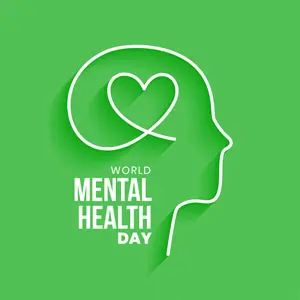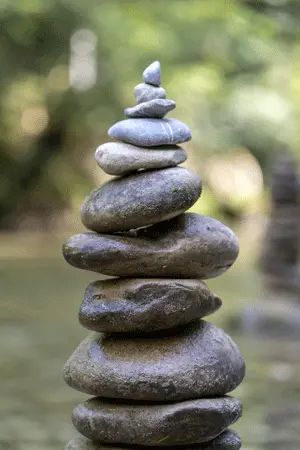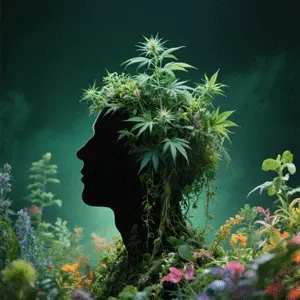Why This Conversation Matters
Every year on World Mental Health Day, we are reminded that our choices – from what we eat to how we cope – shape our mental well-being. Cannabis is no longer a taboo topic. It's part of a global conversation about healing, stress relief, and responsible use.
But here's the question: is there a real difference between medical and recreational cannabis? The answer is yes – and understanding that difference is essential for protecting your mental health.

Medical vs. Recreational: The Core Difference
Recreational cannabis is used for pleasure, relaxation, or social enjoyment. It's often high in THC (tetrahydrocannabinol) – the compound that causes the "high".
Medical cannabis, on the other hand, is prescribed or recommended by a healthcare professional to manage specific symptoms like pain, anxiety, PTSD, or insomnia. Medical strains often contain more CBD (cannabidiol), which is non-intoxicating and may reduce anxiety and inflammation.
The intent and supervision make the biggest difference. Recreational use is self-directed, while medical use is guided by dosage, purity, and medical supervision.

The Mental Health Connection
Cannabis interacts with the brain's endocannabinoid system, influencing mood, memory, and emotion.
Research shows:
- High-THC use can trigger or worsen anxiety and psychosis in vulnerable individuals (CDC, 2024).
- CBD, in contrast, shows promise in reducing anxiety and improving sleep without intoxication (Harvard Health, 2023).
In clinical settings, cannabinoids are being studied for PTSD, depression, and anxiety, but results remain mixed. The key takeaway? Cannabis can help – depending on how and why it's used.
Finding Balance and Clarity
If you're using cannabis for mood or stress relief, know your purpose.
- Choose low-THC or balanced THC:CBD products.
- Avoid daily heavy use, especially if you are under 25 or have a family history of mental illness.
- Speak to a doctor or cannabis-trained professional for guidance.

Final Thought
On this World Mental Health Day, let's move beyond stigma and towards informed, mindful use. Cannabis isn't inherently good or bad – it's a tool. Used wisely, it can support well-being. Used carelessly, it can undermine it.
Education, moderation, and awareness are the real keys to mental wellness in the cannabis era.

References:
- Centers for Disease Control and Prevention (CDC): Cannabis and Mental Health
- Harvard Health Publishing: Medical Marijuana and Mental Health
- National Institute on Drug Abuse (NIH): Marijuana Research Report
- Frontiers in Pharmacology (2023): Cannabinoids and Mental Health Disorders
- World Health Organisation (WHO): Cannabis and Health – Evidence Summary (2022).
Disclaimer: This blog supports responsible cannabis use. The information contained in this article is for educational and informational purposes only and is not intended as health or medical advice. Always consult a physician or other qualified health provider regarding any questions you may have about a medical condition or health objectives.
Recreational vs. Medical Cannabis